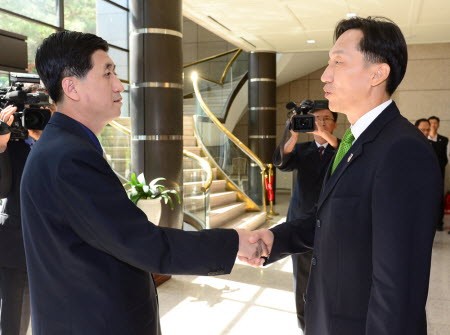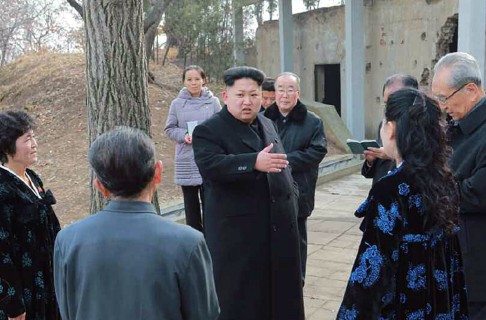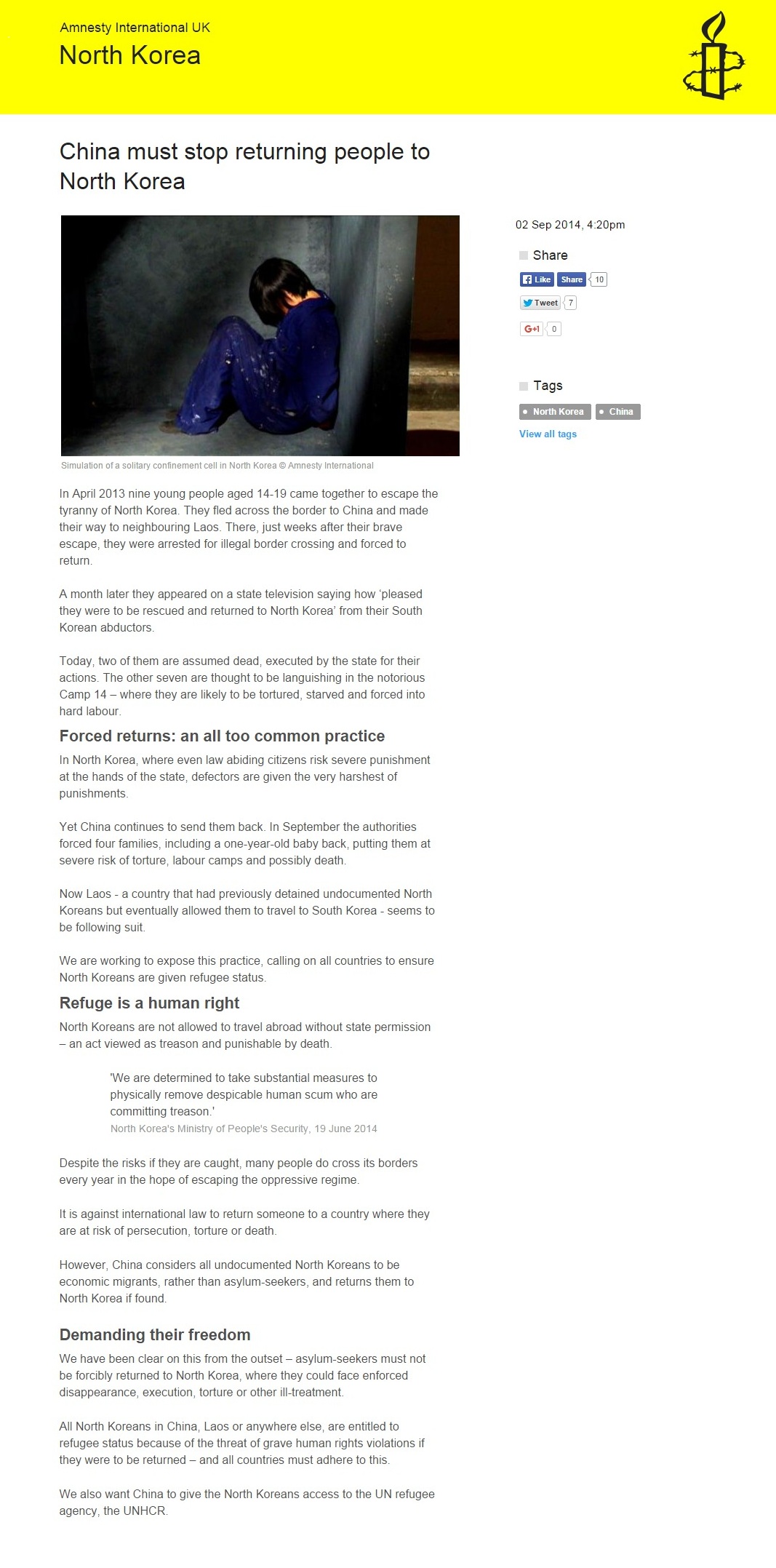Loan sharks hold increasingly uninhibited power
Choi Song Min; Seol Song Ah | 2015-09-08 15:20
Local sources indicate that the company managers and presidents of North Korean state factory enterprises have become reliant on private financing. After being cut off from state funds, the companies have been forced to provide their own financial backing in order to keep production going. Loan sharks charging a high interest make a handsome profit by taking advantage of management personnel.
“It isn’t just the donju (new merchant class) that go to loan sharks these days for money, leaders of state-run enterprises also have a need for fast cash. Normally, those hoping to borrow from the loan sharks need to be introduced by a friend or show up with proof that they represent a somewhat large and functional operation. But the state factory managers are putting down the factory equipment as collateral for the deals,” a source in South Pyongan Province said in a phone interview with Daily NK on September 8th.
“In the past, loan sharking was illegal, so you would hear episodes of state factory owners borrowing money from the loan sharks and then reporting them to state prosecutors to avoid having to pay them back. But now that financing has been restructured and even the state factories have been left out in the cold, the state enterprise bosses are seeking out the loan sharks as a continuing source of capital funds."
This information was crosschecked with an additional source in North Pyongan Province.
She added that loan sharking remains illegal and that “it’s particularly illegal to put the state equipment down as collateral.” If news of this makes its way to the leadership, the state-enterprise cadres who sought out the loan sharks undoubtedly "feel the consequences," in the source's words.
Even the Ministry of People’s Security [MPS], North Korea’s equivalent of a police force and known for enthusiastically cracking down on infractions, is encouraging said parties to resolve disputes on their own.
“If the cadres running the factories fail to repay the loan on time, the loan sharks are given permission to use factory equipment and products of a value equal to the original loan plus the interest. When taking out the loan, the cadres tethered to a given enterprise sign a contract to that effect," she said.
According to the source, when traders and wholesale operators deal with the loan sharks, they typically put down property such as land or housing as collateral. When the debtor fails to fulfill his payback obligations, loan sharks have been known to sell off portions of their property in order to recover the principle.
“These days the loan sharks are partnering with area mobsters and gangsters to collect on delinquent payments. This gives them an edge and makes it difficult to control them through legal means. They also give kickbacks to legal authorities in order to protect themselves. Through intimidation and bribery, they’ve made themselves a powerful part of society,” the source explained.
When asked about interest rates, she said, “It depends on the region and the loan shark, but standard rates are about 10%, and the loan usually has a one to three month term.”
On what ordinary residents are saying about the loan shark problem, she said that most have pointed out the obvious, stating, “If the state bank’s system for loans and interest was functioning properly, we’d never be in this mess. If the state finances were in order and the donju could save their money in a bank, we could avoid this unhealthy dependency on high interest loans from criminal elements. The shocking truth is that gangsters do more to protect the availability of liquid cash than the law does.”
As more and more individual operators move into the business sector, the need for loan sharks is spreading like wildfire.
An additional source from South Pyongan Province said, “Pyongyang and other regions across the country each have private lenders who work out of ‘Money Houses.’ They have been able to amass quite a fortune in this line of work. When they are looking to turn a fast profit, they sometimes raise the interest by up to 50~60%.”
According to this source, most banks lack the funds to disburse loans. While factory managers do have some access to bank loans, banks have difficult and strict application procedures, so most of the managers avoid going to the banks for money.
“The private lenders have gone so far as to work with the prosecutor’s office and the MPS in order to get protection. That is what gives them the right to change the interest rate at any time. The factory owners may not like the hike in fees, but when they’re in a bind, they have nowhere else to turn for fast cash,” he said, adding that the big traders and the public company managers go running to the loan sharks, who aggressively raise the interest rates.
“Without someone to introduce you, the loan sharks will have no way to know your reliability as a lender, so they will turn you away. They require hefty securities and guarantees in order to enter into business with them. This has caused the emergence of an entirely new player in the game of private finance: middlemen who stake their reputation by providing you with entry into contract with the money houses for a fee,” he asserted.
According to these sources, money lenders do not deal with North Korean Won, instead preferring American Dollars, Chinese Yuan, and Japanese Yen. The source also indicated that the loan sharks have close relationships with partners in the MPS and at the prosecutor’s office, who offer them protection---for a price, of course.
The money lenders have become known as “ticks” and “troubleshooters” for the creative and tenacious ways that they recover the principal and interest in the case of default.
*Translated by Jonathan Corrado
















